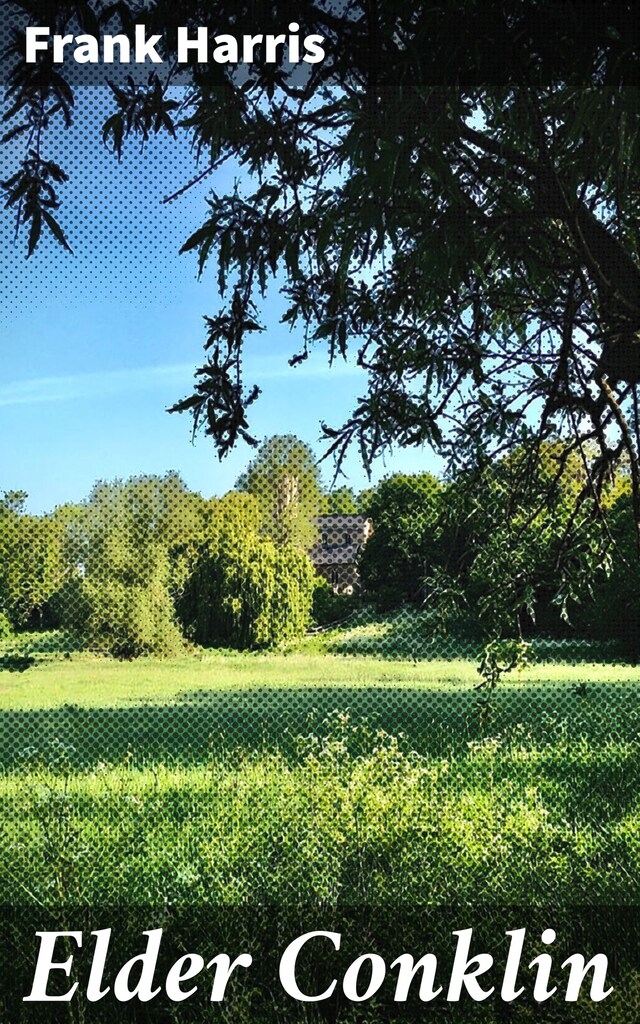
Elder Conklin
Journey through rural America in a bygone era of loyalty and morality
Description of book
In "Elder Conklin," Frank Harris intricately weaves the narrative of a charismatic yet controversial figure within a small rural community. Through an engaging blend of realism and a hint of naturalism, Harris explores themes of morality, power, and the complexities of human nature, revealing the protagonist's psychological depth and societal struggles. The prose is characteristically rich, enveloping the reader in the early 20th-century American landscape, while concurrently delving into the idiosyncrasies that define its inhabitants. The book'Äôs context reflects the transitional period of American society during the post-Victorian era, addressing the tension between tradition and modernity that permeated the zeitgeist of the time. Frank Harris, an acclaimed journalist and biographer, was known for his candid and often provocative perspectives on life and society. Drawing on his background as a controversial figure in literary circles, his own experiences with authority and rebellion informed the portrayal of Elder Conklin, an individual navigating the moral complexities of leadership and influence. Harris'Äôs intricate understanding of the human condition allows readers to see beyond mere actions and into the motivations that drive individuals. "Elder Conklin" is a must-read for those interested in literary explorations of morality, power dynamics, and the human psyche. Harris'Äôs astute observations and vivid character portrayals invite readers to reflect on their perceptions of authority and community, making this book not just a story, but a profound commentary on life itself.
 Frank Harris
Frank Harris 67 Pages
67 Pages